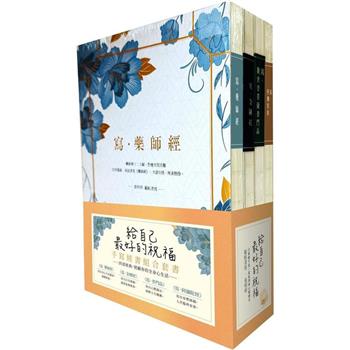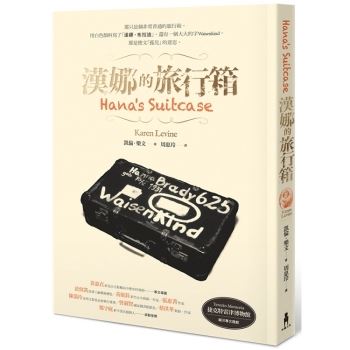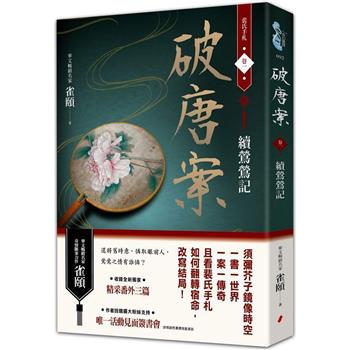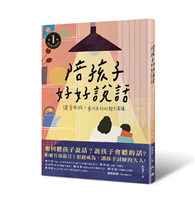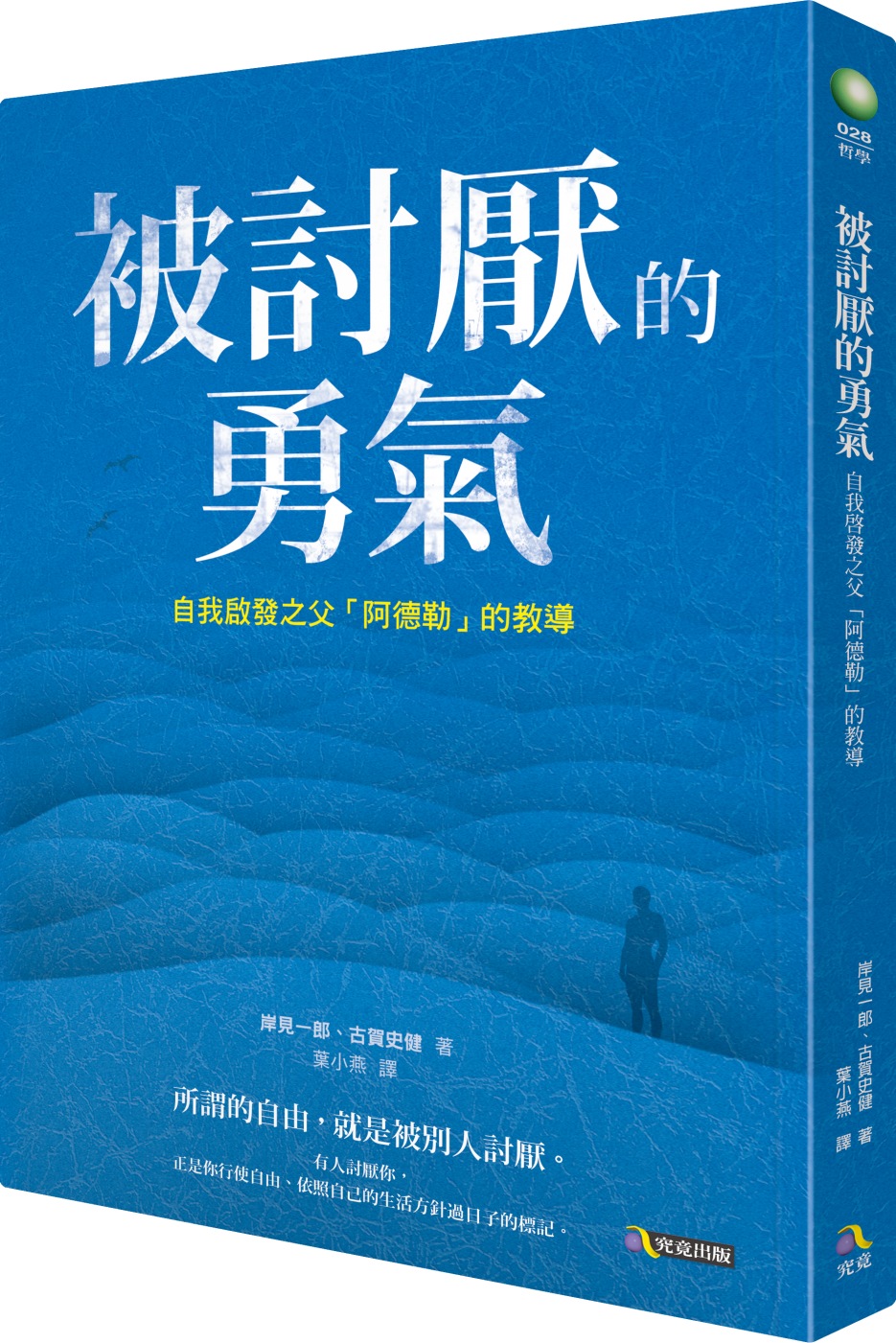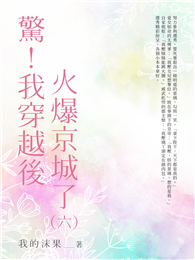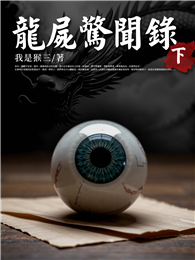Rousseau’s Politics of Taste challenges the popular but partial pictures we have of Rousseau as an inconsistent ’ancient’ utopian or a ’modern’ abstract philosopher with a systematising spirit. Combining intellectual history and political theory, it reinterprets his understandings of pleasure and happiness, judgment and amour-propre, inequality, the general will and, above all, taste. Rousseau’s readers have long recognised the complex tensions in his thought. By reconstructing his theory of taste as a kind of modern Epicureanism, this book provides a way of articulating neglected patterns in those tensions and, a new understanding of what he was attempting to achieve with his political thought.
| FindBook |
|
有 1 項符合
rousseau’s politics of taste的圖書 |
 |
$ 6600 | Rousseau’s Politics of Taste
作者:Holley 出版社:Edinburgh University Press 出版日期:2024-09-30 語言:英文 規格:精裝 / 248頁 / 普通級/ 初版  看圖書介紹 看圖書介紹
|
|
|
圖書介紹 - 資料來源:博客來 評分:
圖書名稱:Rousseau’s Politics of Taste
|

